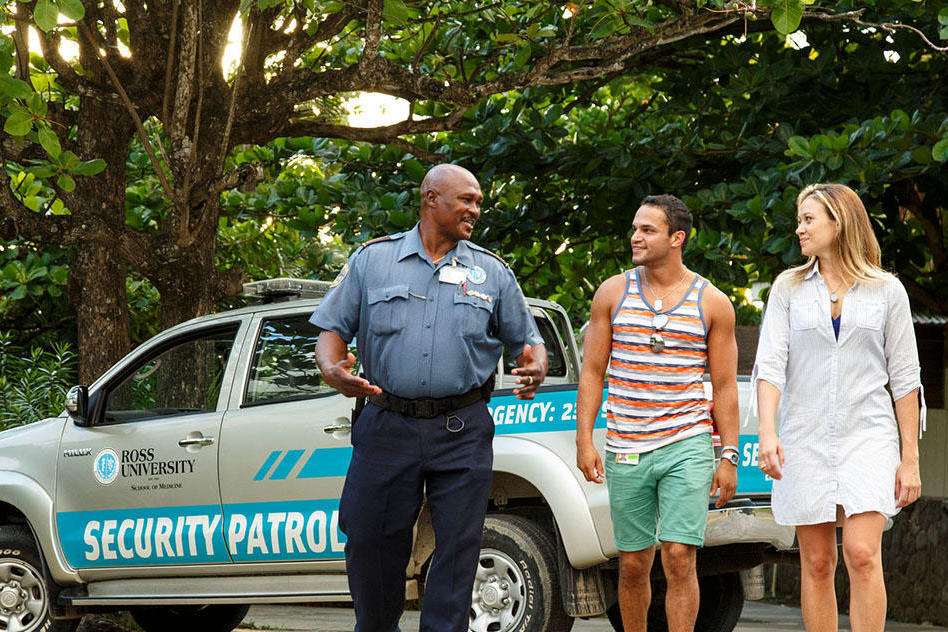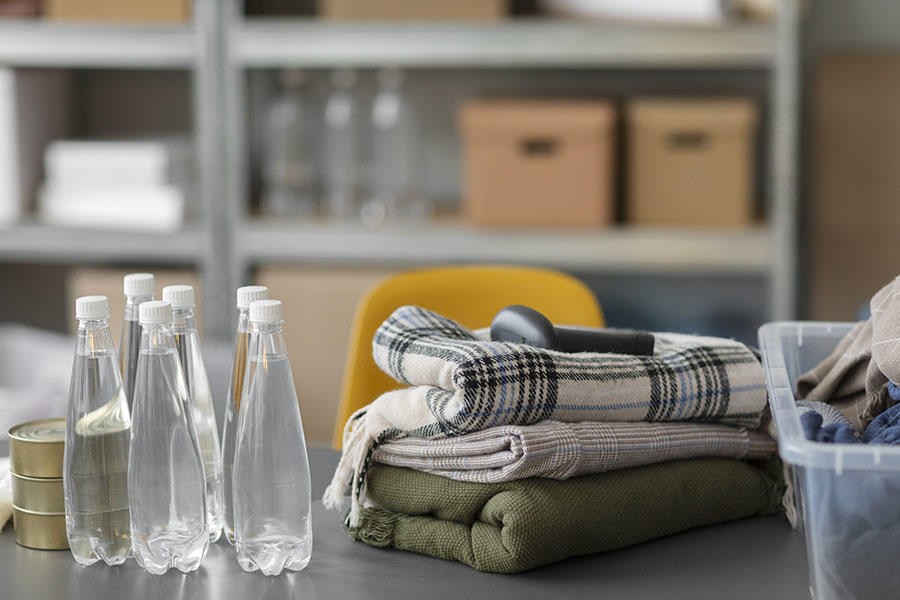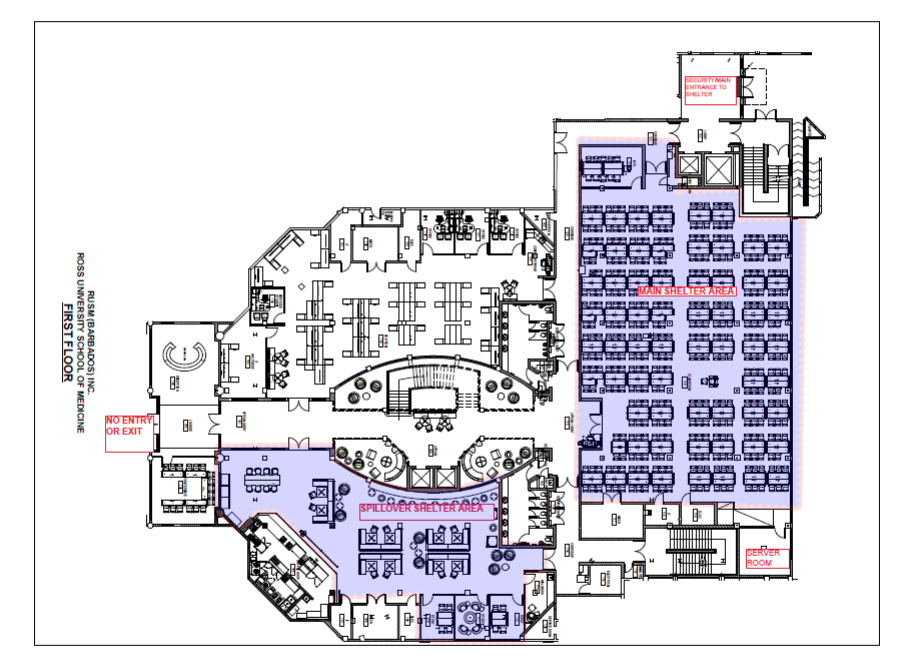RUSM Safe App:
RUSM SAFE is the official safety app of Ross University School of Medicine (RUSM). It integrates with RUSM's security systems so that students, faculty and staff always feel safe on the RUSM campus.
Features include important safety alerts and instant access to campus safety resources, as well as:
- Friend Walk: Send your location to a friend so they can watch you walk home in real-time
- Emergency Contacts: Contact the correct services for the RUSM area in case of an emergency (or non-emergency concerns)
- Safety notifications: Receive instant notifications and instructions from campus safety when on-campus emergencies occur
- Emergency Plans: Learn what to do in case of an emergency
- Campus safety resources: Access all important safety resources in one convenient location
Weather Precautions
Although hurricanes pose the greatest threat, tropical depressions and storms can also cause devastation through extreme flooding or landslides. Ross University School of Medicine has published information on what students should do in preparation for, during and after a major storm.
Ross Med Communication
RUSM officials will communicate with students via email and in-class announcements if there is an approaching threat.
Understand there are different categories of tropical cyclones, which are divided by wind speed rather than rainfall:
- Tropical Depression - maximum winds of 38 mph
- Tropical Storm - winds of 39 to 73 mph
- Hurricane (Category 1 and 2) - winds of 74-110 mph
- Major Hurricane (Category 3, 4 and 5) - winds greater than 111 mph
In the event of an impending hurricane, be sure to fill all your water containers, fill your sink and bath tub with an extra supply of water for flushing and washing. You should also keep a radio or TV on for weather updates, and disconnect appliances and gas to reduce risk of damage. Gather important documents and extra cash in a waterproof bag.
During a storm, stay away from all doors and windows until authorities confirm the storm has passed. You should also prepare to evacuate if your home is damaged or you are asked to relocate by emergency personnel.
Following a storm, check in with your hurricane buddy, avoid downed power lines and seek medical attention if necessary. Do not drink or use water from your faucets until public safety officials confirm it is safe. If you have lost power, be careful about what foods you eat from your refrigerator.
Please visit the following websites for additional storm-related information and current weather conditions in the event of a tropical cyclone:



